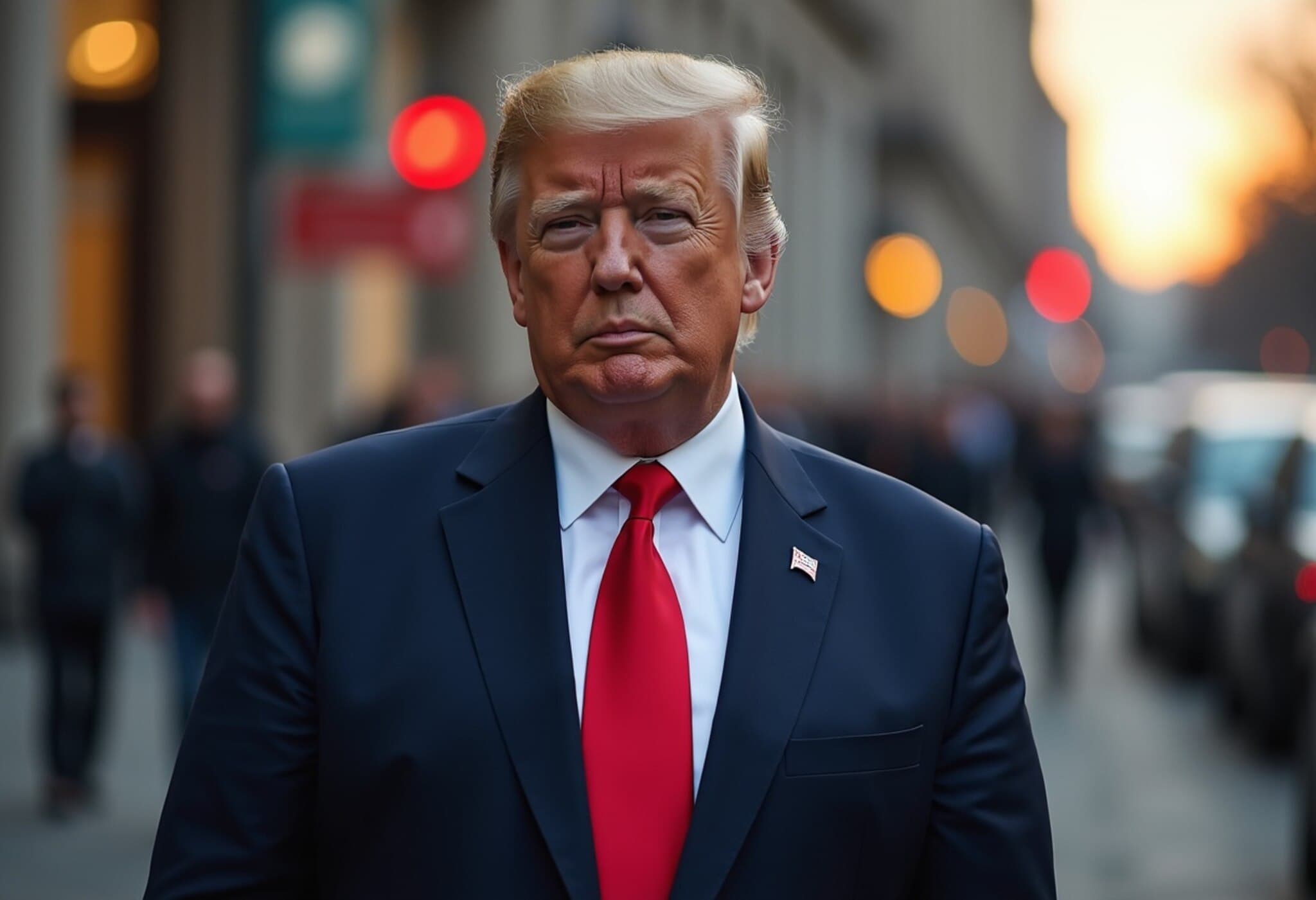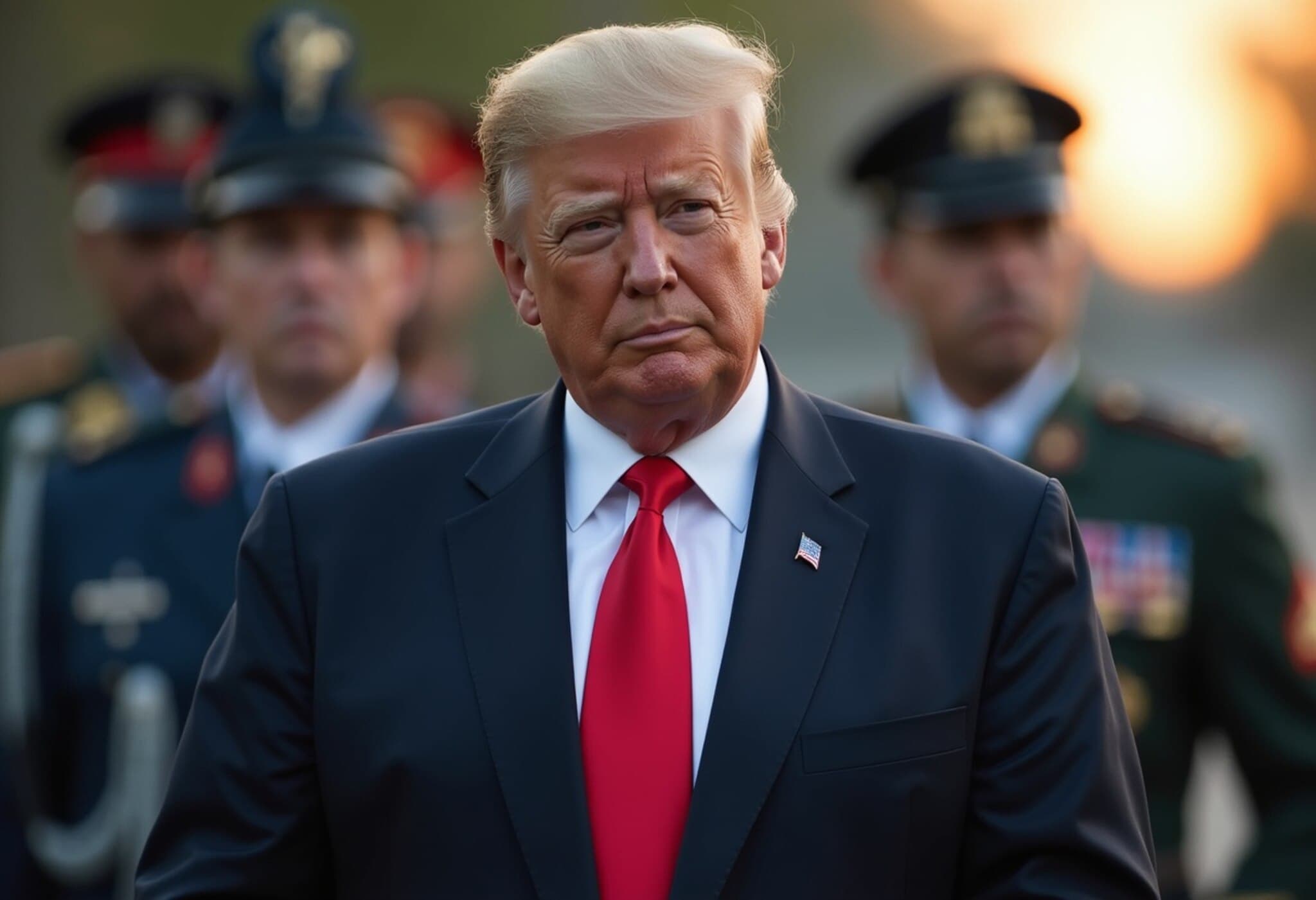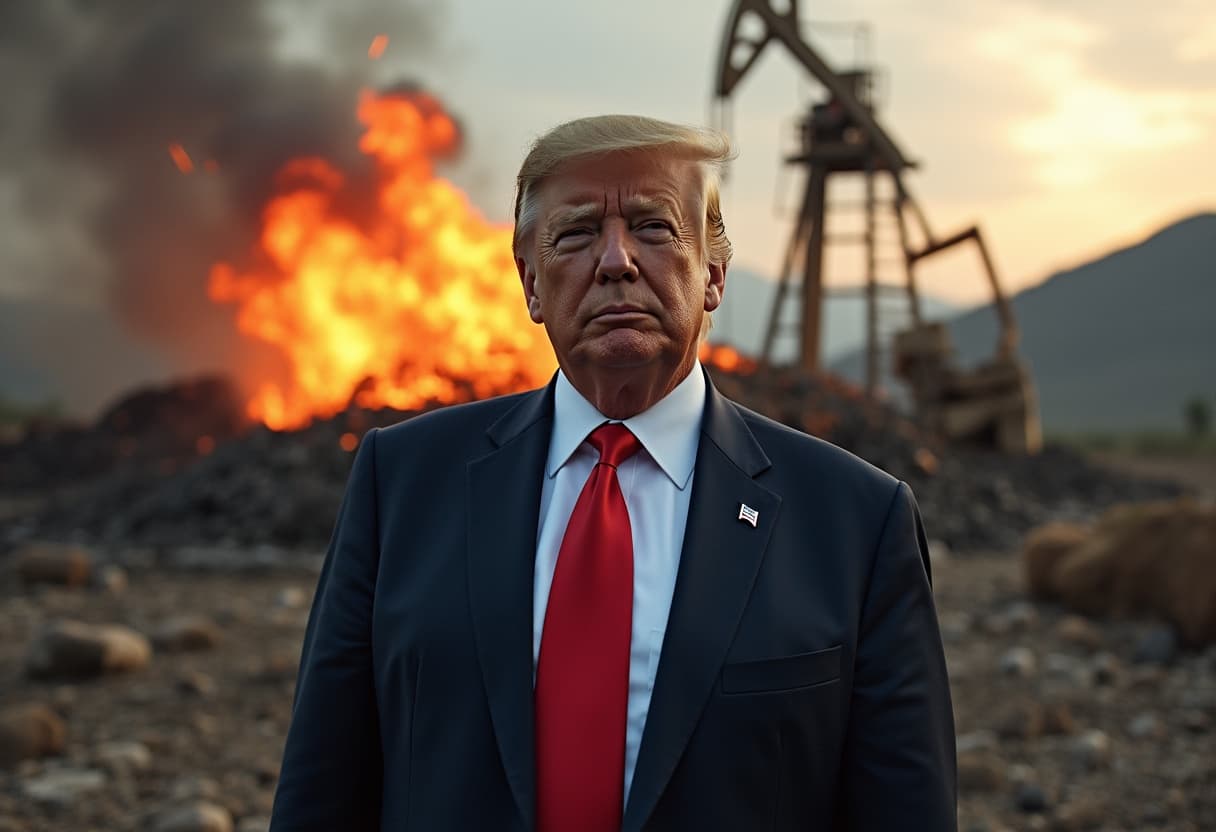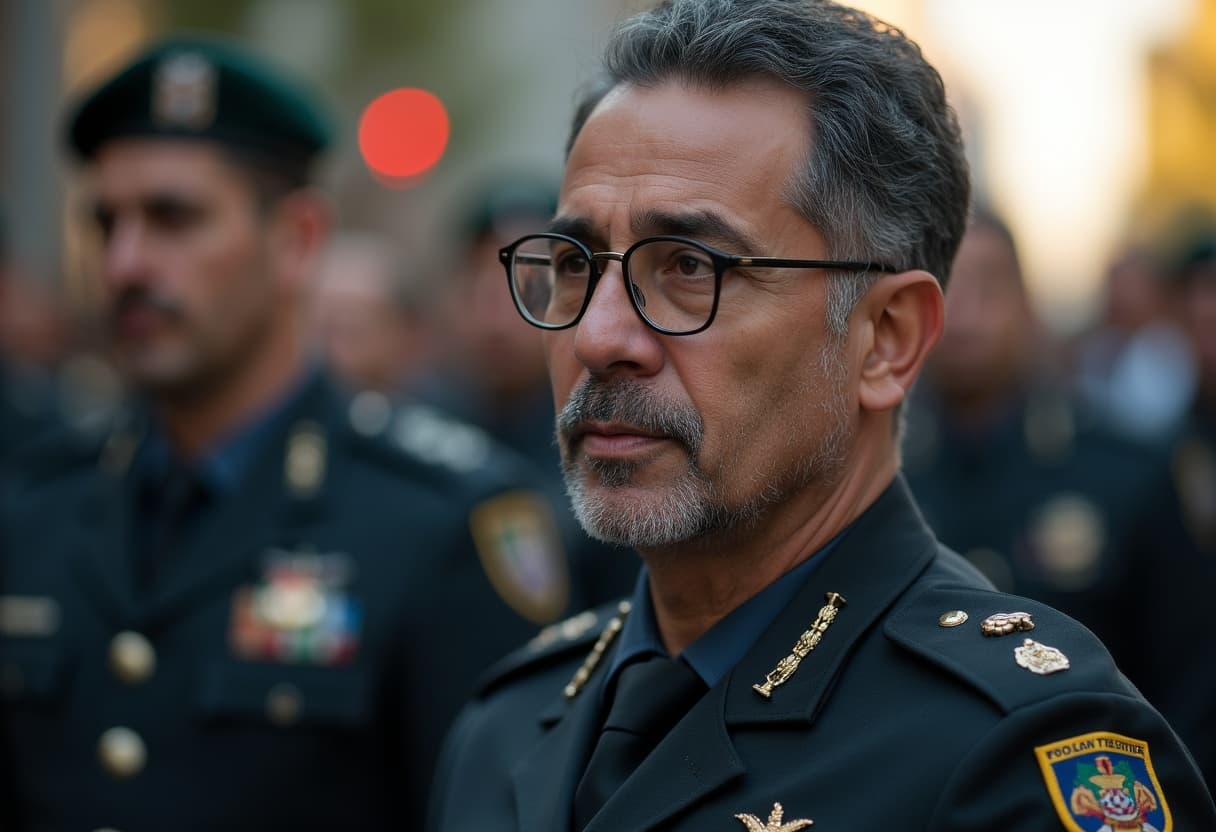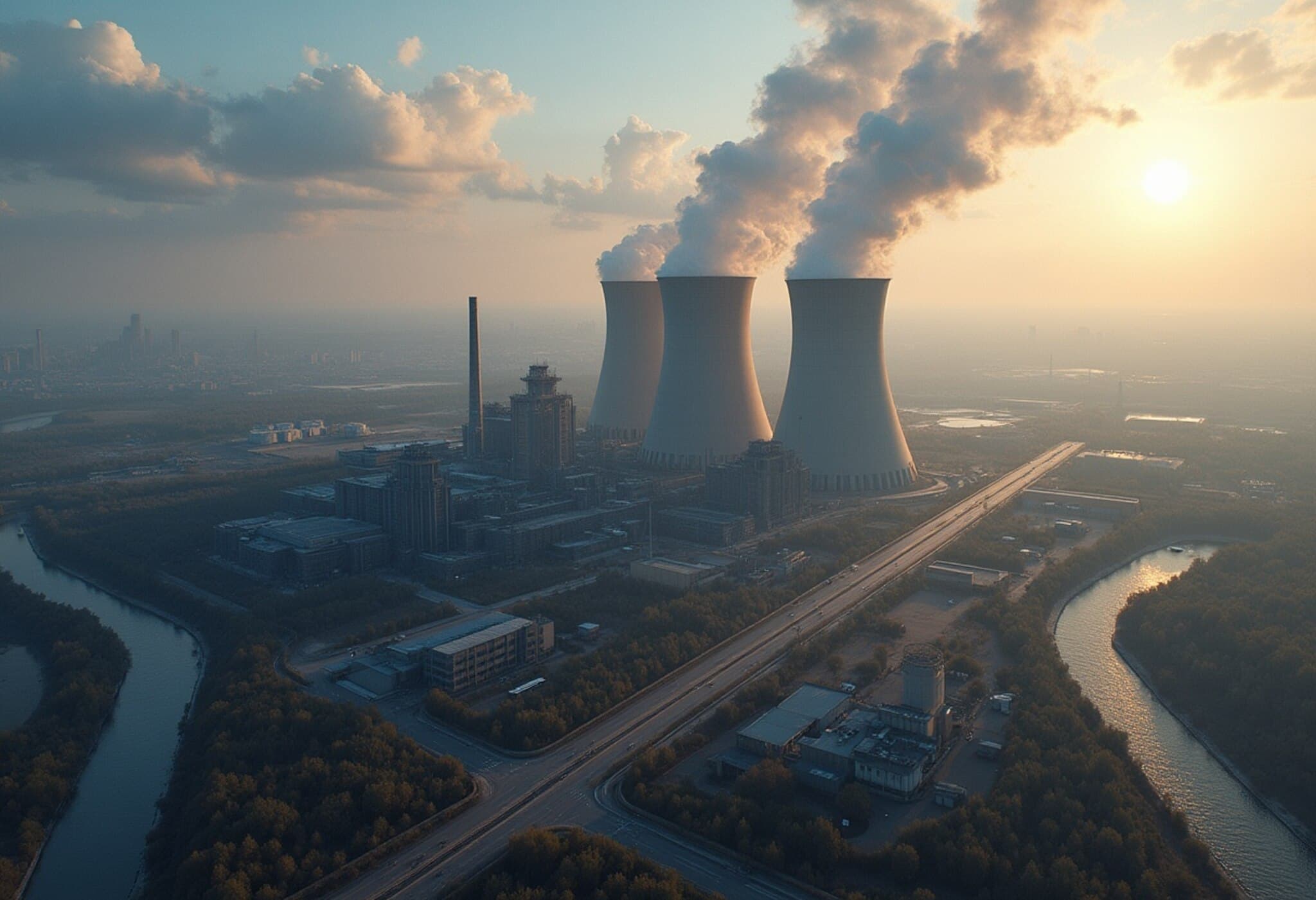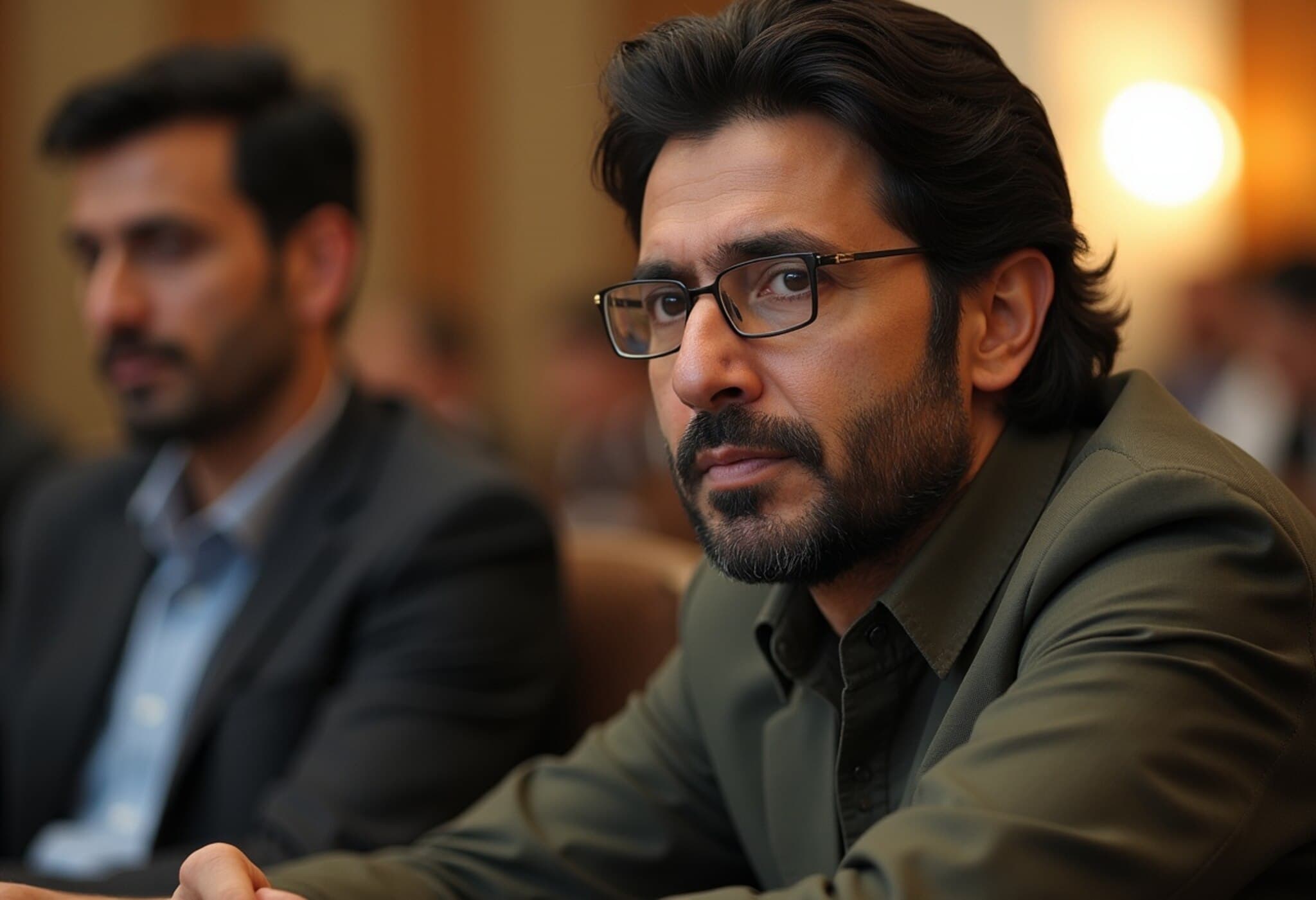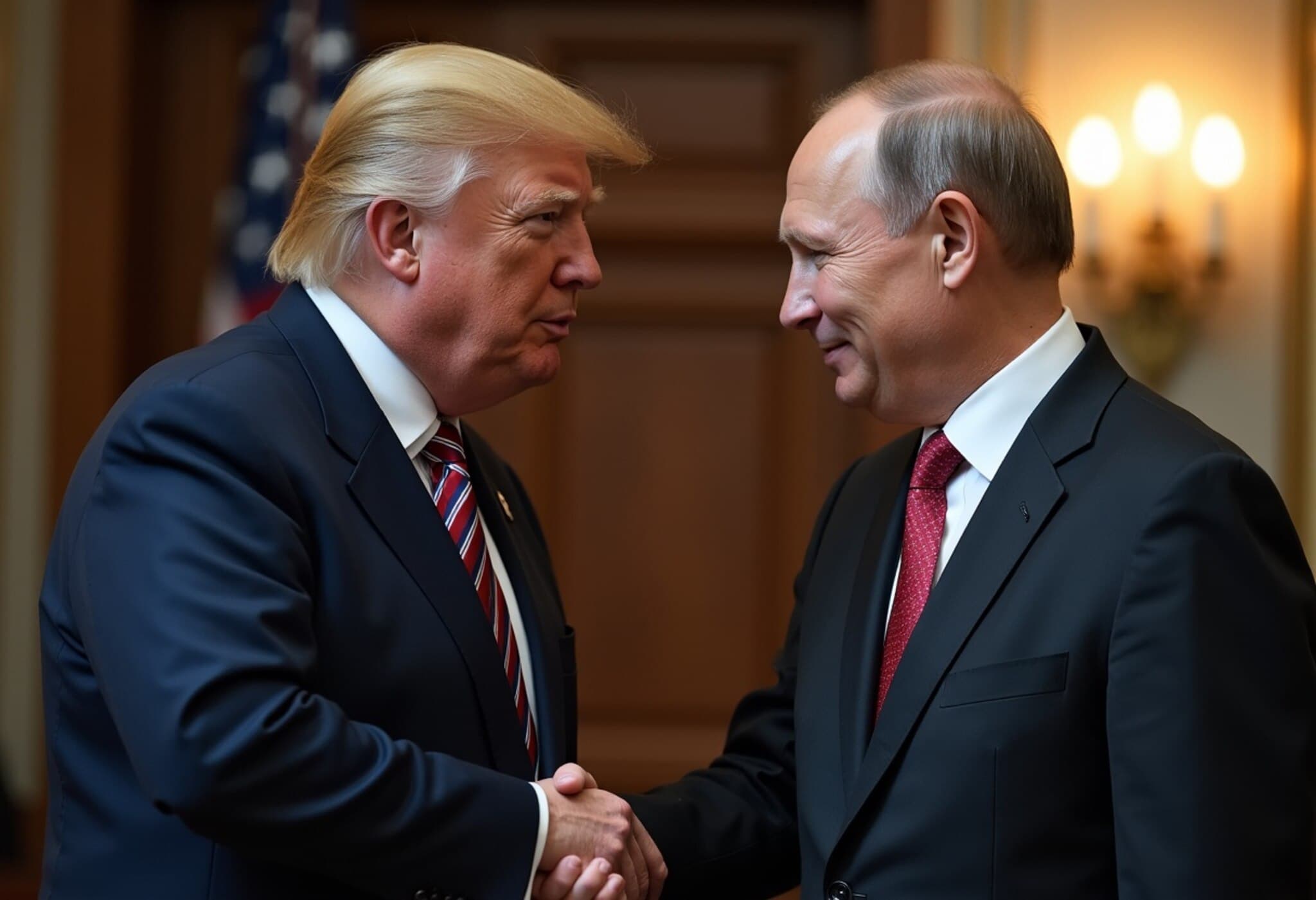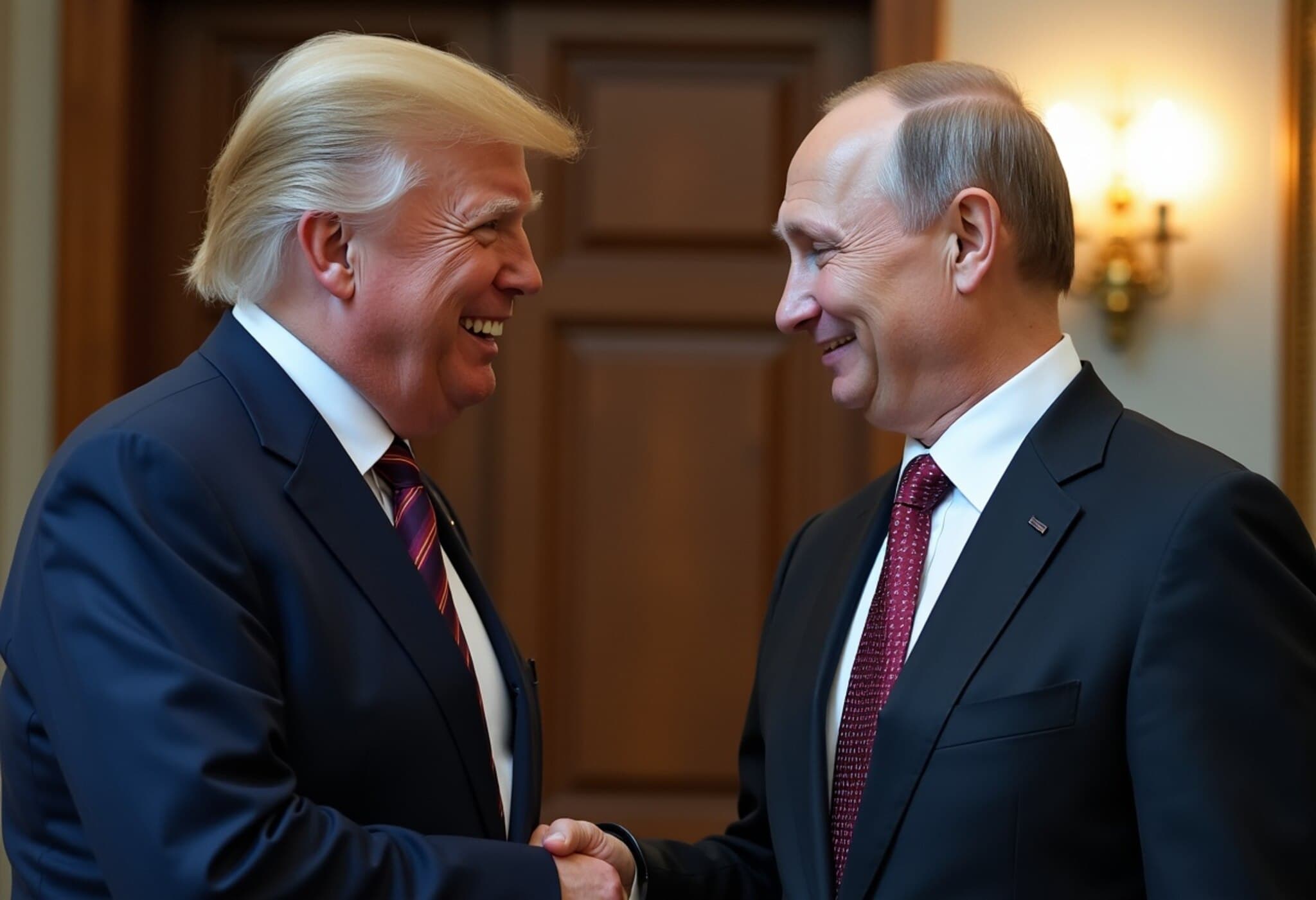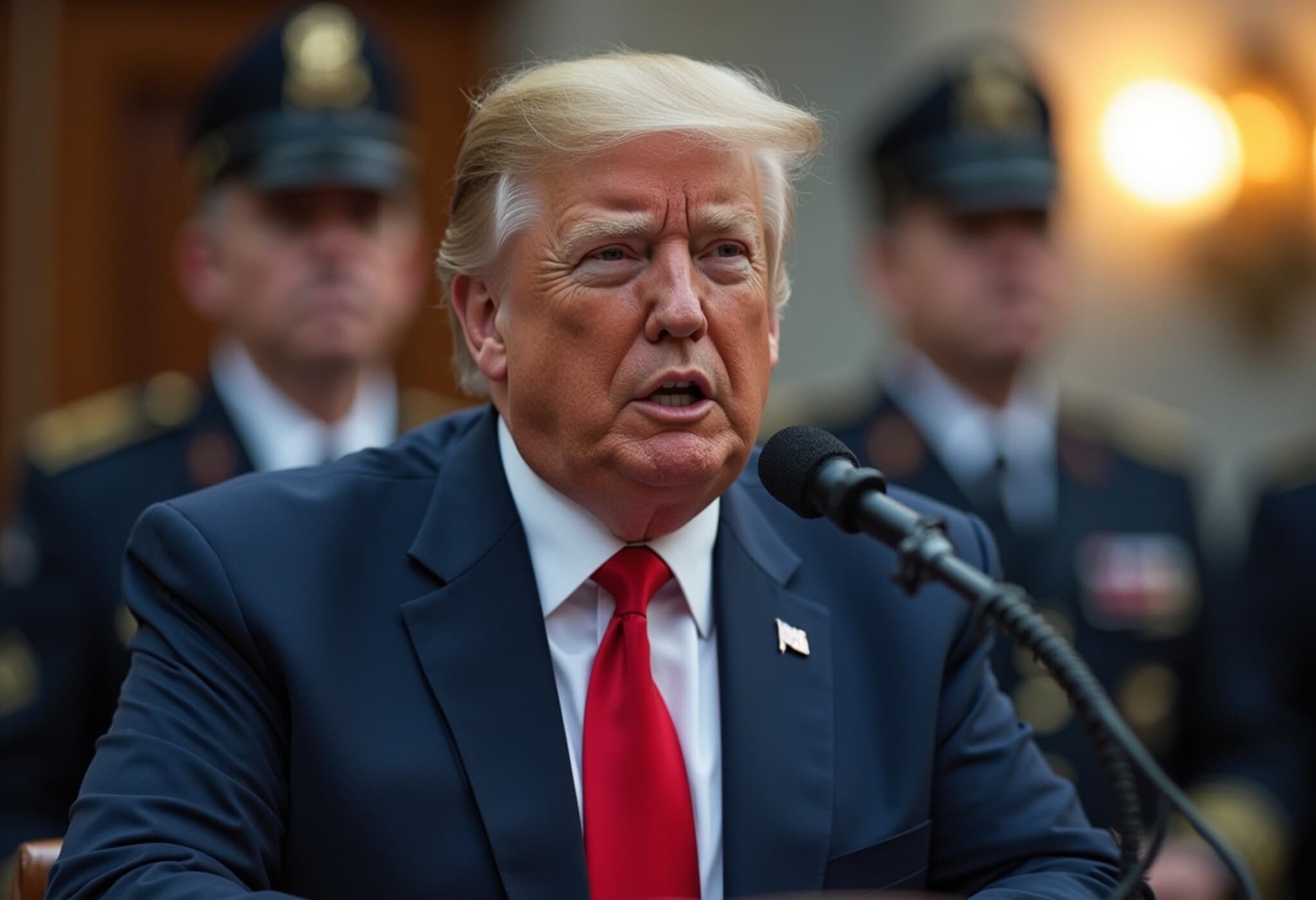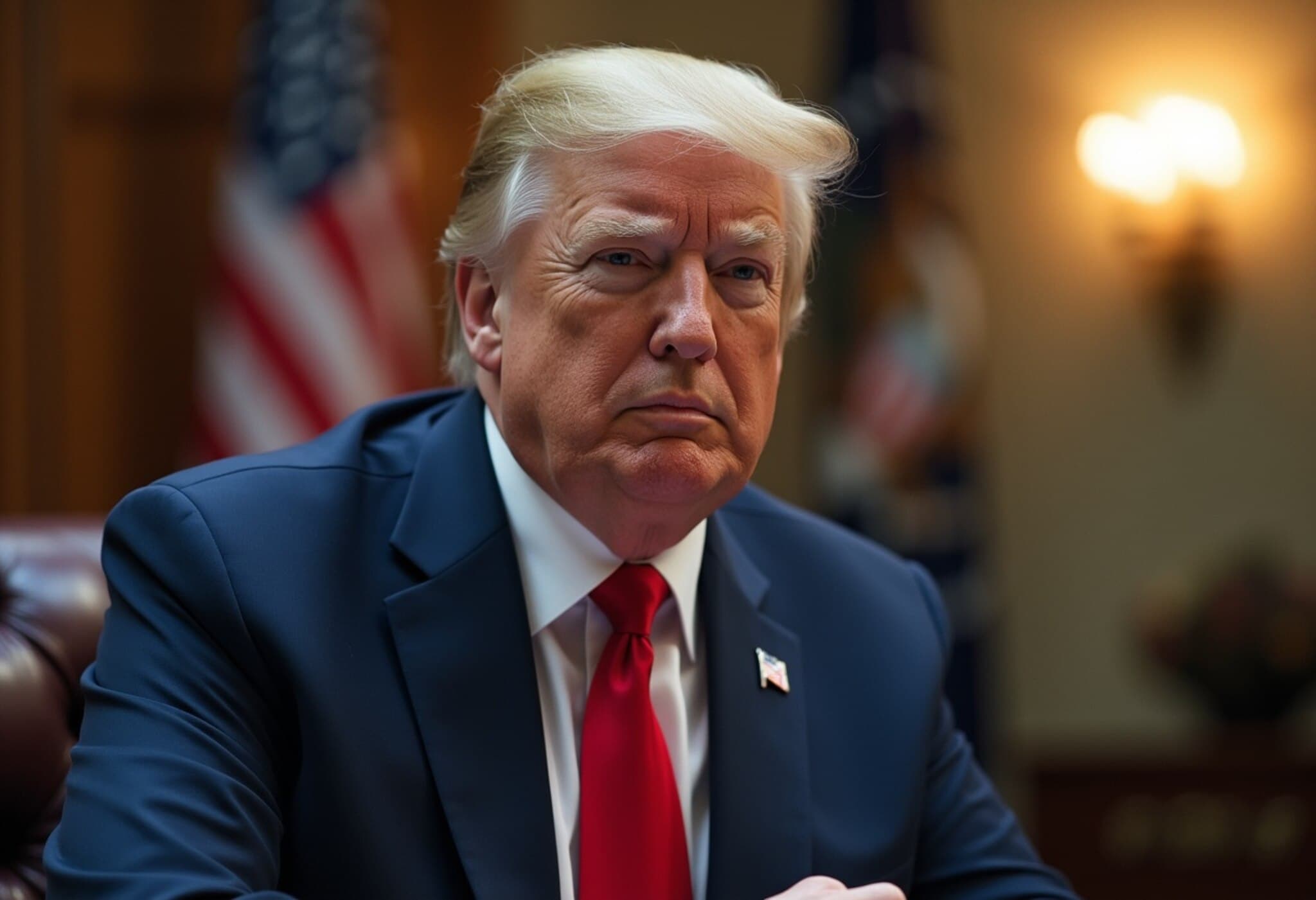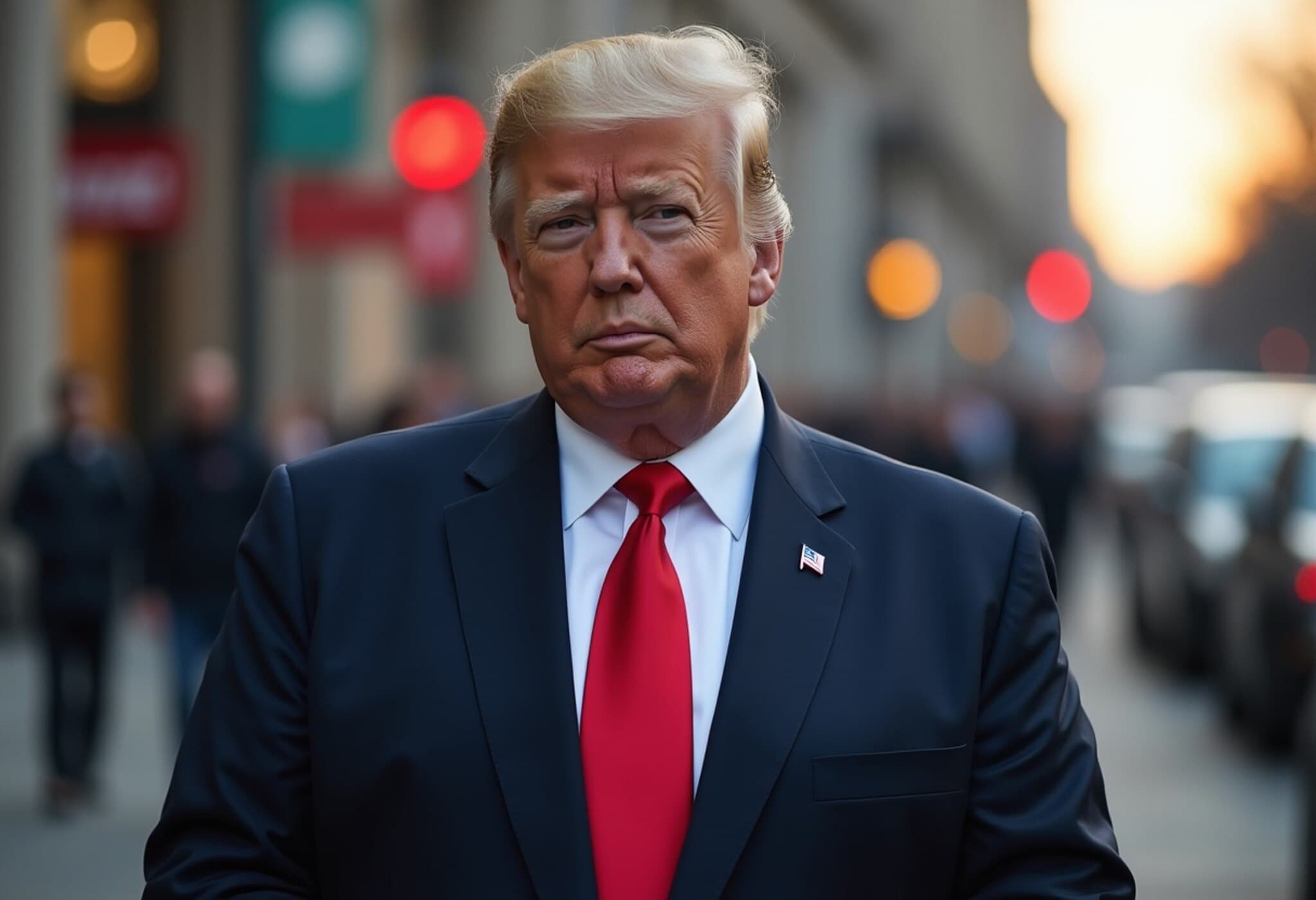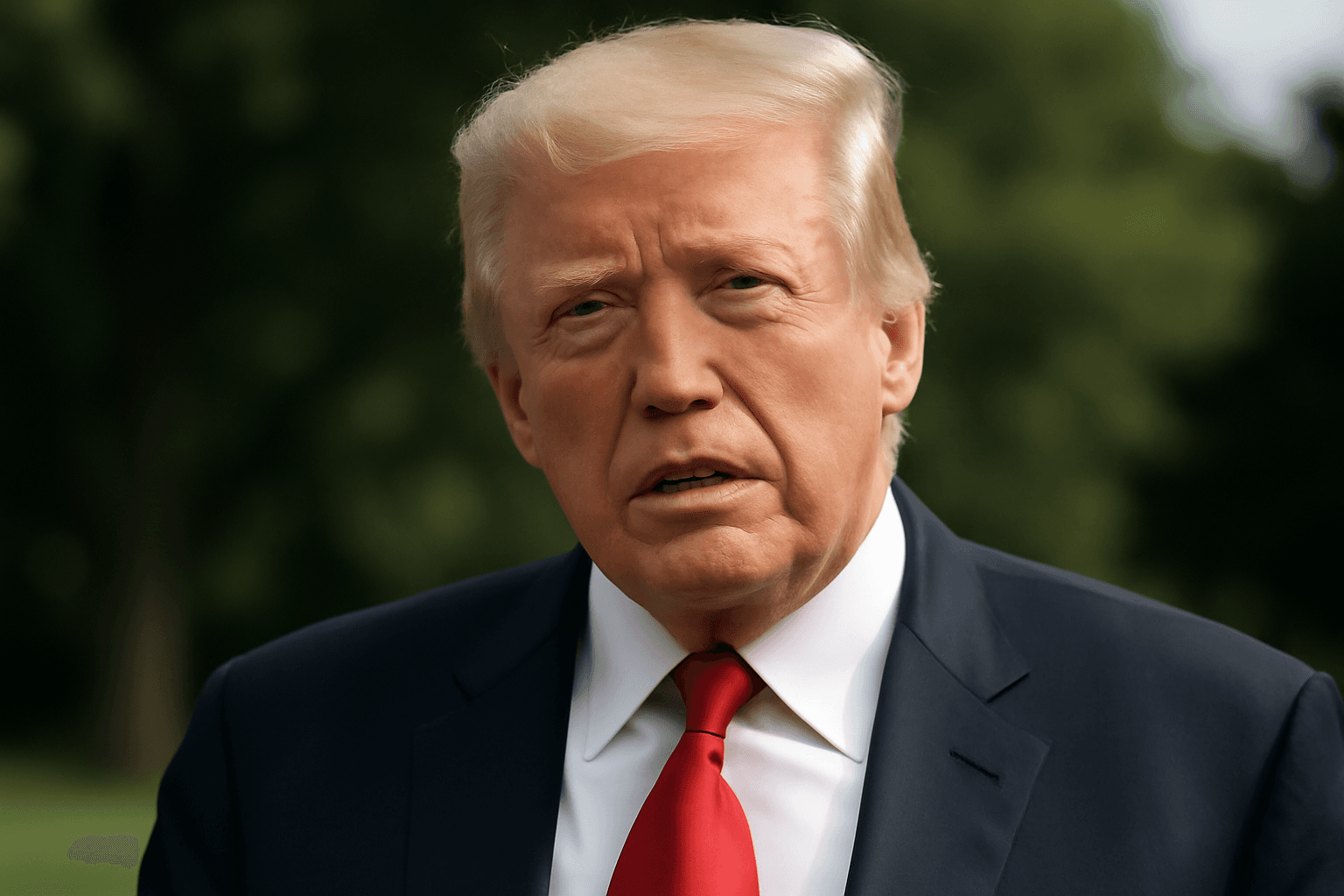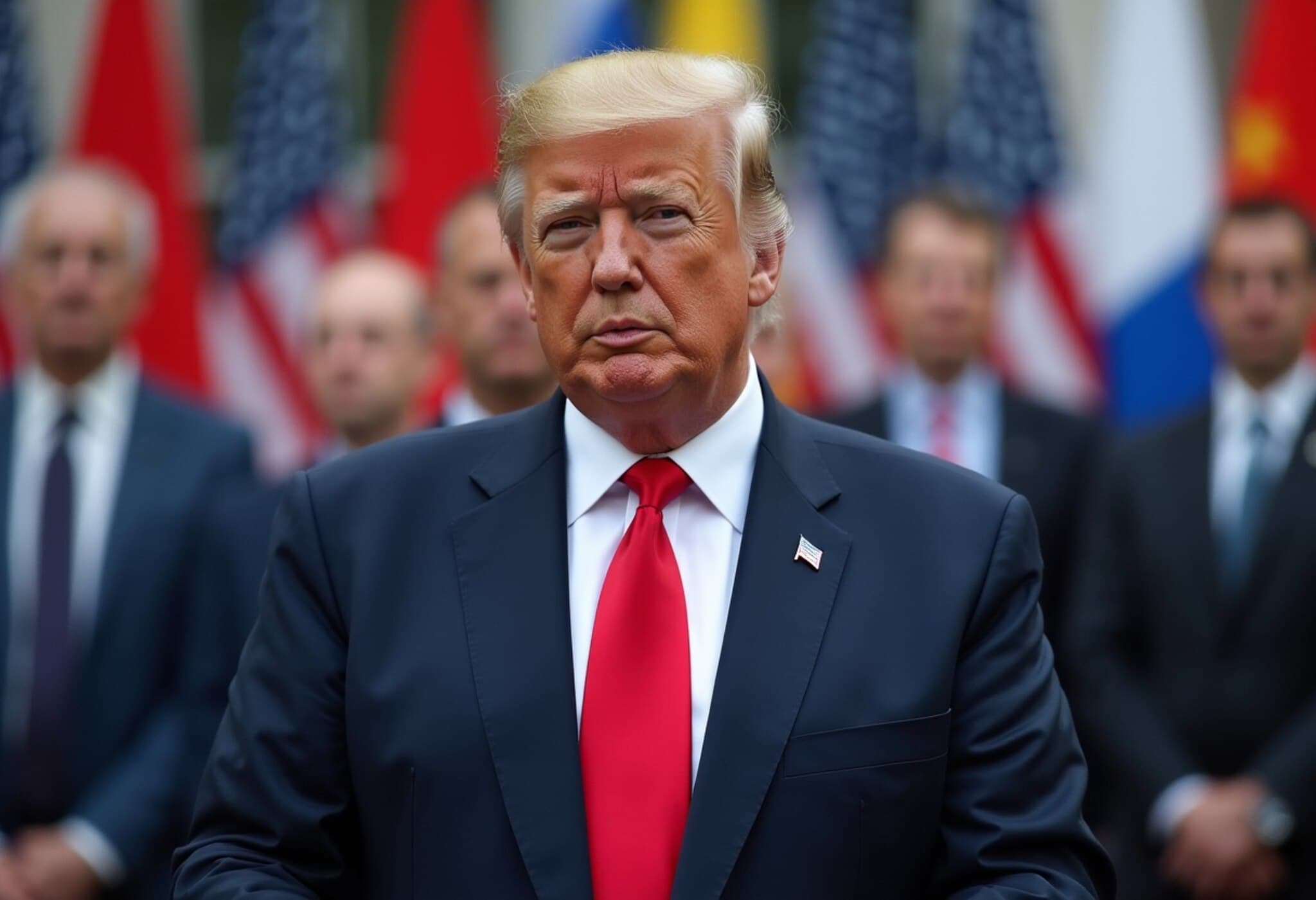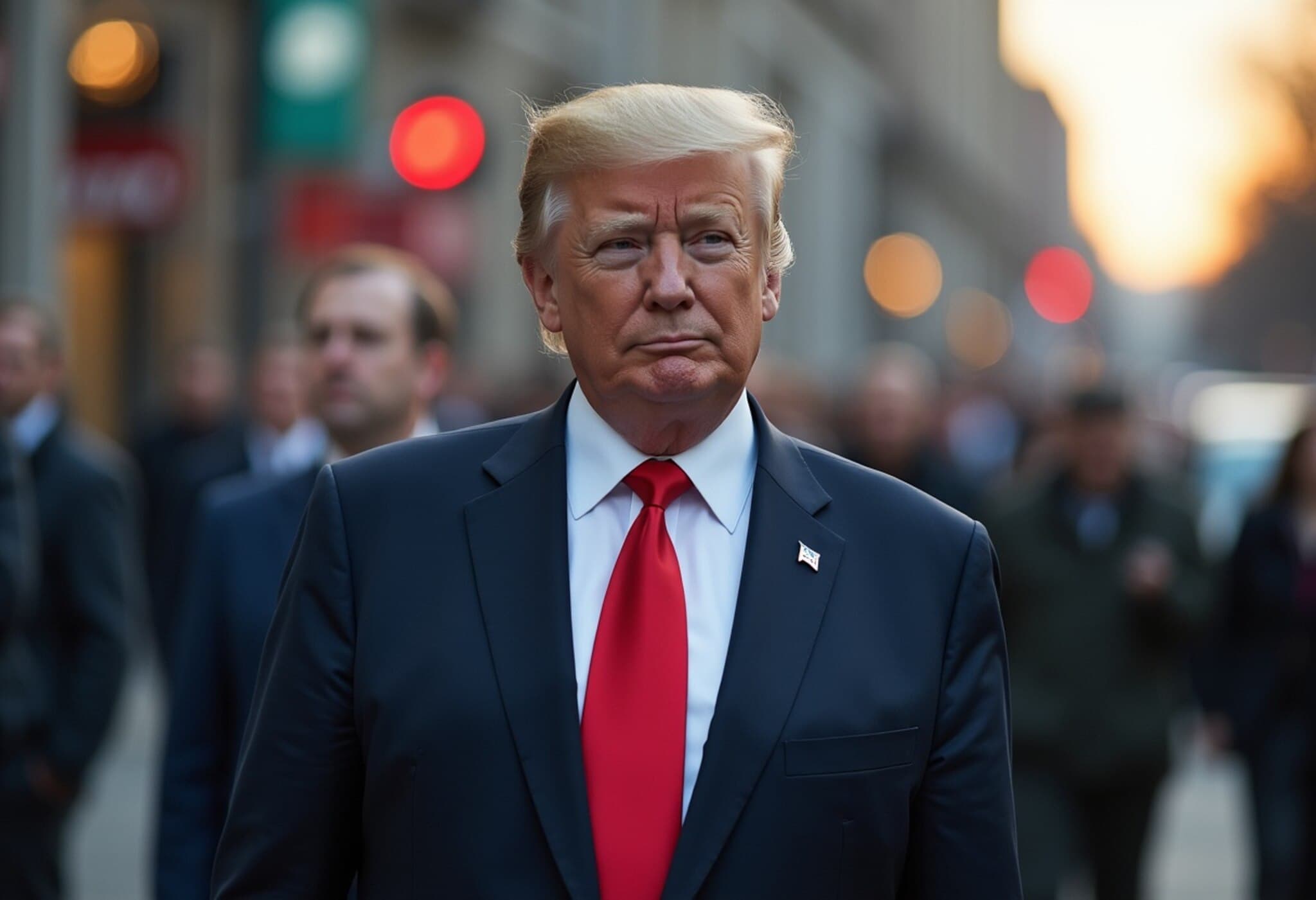Trump Presses Zelenskyy on Deeper Strikes Into Russia
In a notable departure from his previous approach, former US President Donald Trump reportedly encouraged Ukrainian President Volodymyr Zelenskyy to intensify strikes deep inside Russian territory, openly asking if Ukraine could hit Moscow and St. Petersburg given the right weapons. This revelation, first reported by the Financial Times, underscores a significant shift in US frustration towards Russia amidst ongoing stalemates in the Ukraine conflict.
Details of the Controversial July 4 Call
During a phone conversation on July 4, Trump directly asked Zelenskyy, "Can you hit Moscow? Can you hit St. Petersburg too?" Zelenskyy responded confidently, "Absolutely. We can if you give us the weapons." This exchange followed a tense discussion between Trump and Russian President Vladimir Putin just a day earlier, which Trump described as "bad" — a stark contrast to his historically amicable tone towards Putin.
Implications for US Policy and Ukraine’s Military Strategy
This behind-the-scenes dialogue illuminates the growing impatience within elements of the US administration regarding Moscow’s refusal to commit to ceasefire talks proposed by Washington. Trump’s latest stance marks a pivot from his earlier campaign rhetoric advocating withdrawal from foreign conflicts, to backing more aggressive measures to pressure the Kremlin.
Sources familiar with the call reveal that Trump framed long-range missile strikes on Russian soil as a tactical way to "make them (Russians) feel the pain" and coerce Moscow into negotiations. While the US has yet to officially commit to providing Ukraine with such long-range weapons systems, Western allies are reportedly warming to the idea of more assertive offensives designed to disrupt Russian heartlands, a strategy some officials phrase as "bringing the war to Muscovites."
Expert Insights on Escalation Risks and International Reactions
Military strategists caution that deep strikes into Russia could escalate the conflict unpredictably, potentially drawing broader regional involvement. However, analysts note that sustained Russian intransigence may leave Kyiv and its allies feeling cornered, making such escalations more likely.
Meanwhile, the decision to equip Ukraine with advanced Patriot air-defense missiles, recently announced by Trump, aims to help defend Ukrainian cities against intensified Russian air raids. Trump emphasized that NATO allies would fund these weapon supplies, signaling an increasing burden-sharing approach among Western partners.
Broader Context: Sanctions and Diplomatic Pressure
Alongside military support, Trump threatened secondary sanctions targeting countries importing Russian oil, signaling an intensified effort to *tighten economic pressure* on Moscow. This is a significant shift from previous Western policy, which largely refrained from penalizing nations such as China and India that have continued to purchase Russian energy, providing Russia with substantial revenue amid sanctions.
US lawmakers from both parties have been pushing for legislation authorizing such measures, reflecting bipartisan consensus on the need to curb Russia’s financial lifelines that fund its military operations.
What This Means Moving Forward
- US-Ukraine Partnership Deepens: Washington's willingness to support offensive capabilities signals a deepening military alliance beyond defensive aid.
- Risk of Escalation: Targeting Russian cities risks widening the conflict, heightening tensions not only within Eastern Europe but globally.
- Pressure on Russian Economy: Secondary sanctions could reshape global energy markets and strain Russia’s war-funding mechanisms.
- Diplomatic Deadlock Persists: Despite these pressures, Putin’s refusal to negotiate reinforces the stalemate, complicating peace prospects.
Neither the White House nor Ukrainian officials have publicly commented on the reported call. Yet, these developments highlight the complex balance between escalation and diplomacy in one of the most consequential conflicts of the 21st century.
Editor’s Note
This startling revelation about Trump's private encouragement of Ukrainian strikes deep into Russia challenges prior assumptions about US engagement in the Ukraine war. It raises pressing questions: Are we witnessing a strategic recalibration risking broader conflict? How will NATO respond to long-range strikes on Russian soil? And what are the potential humanitarian and geopolitical consequences of intensifying this conflict? As debates unfold, understanding these dynamics is critical for policymakers, analysts, and citizens invested in international stability and peace.

